Blog: Mission Possible, Tanzania, Aug 2016. Getting Down To Work.

From demolishing a school toilet block so they can prepare for its replacement to installing a rainwater harvesting system, our Mission Possible team of volunteers have found that their deployment to Tanzania can get physical.
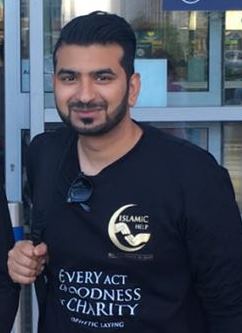
Akeel Iqbal: After visiting a couple of villages and doing a community appraisal, our second day saw us launch into two projects. One team reconstructed the interior of the classrooms - there were holes in the floor and in the walls that looked like craters. This was a major eye-opener for me, that children sat and learnt in these conditions. In the UK the students are immensely lucky with the resources they have in schools
The other team reconstructed the school toilets, as there were only 2 cubicles. This was knocked down to be replaced by 8 toilets (4 boys, 4 girls). I worked on the rebuilding of the toilets with the fundis who are the local builders. This entailed hard manual labour in the heat but knowing that we are helping the children of the school kept me going and focused on completing the project.
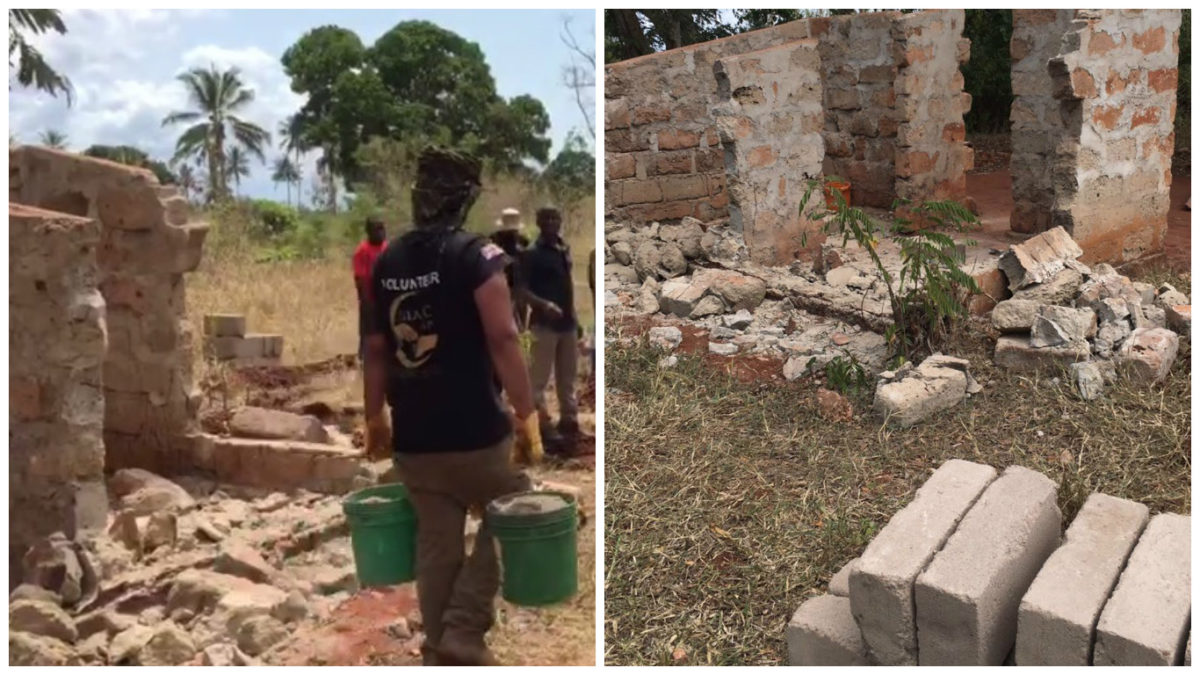

Nabil Ahmed: Today the Mission Possible team was back in Mzambruni village to help with the renovation of a classroom. The classroom needed plastering. When we arrived at 10am, the fundis (local labourers) were already there. We started off by carrying the sand (in plastic buckets) from outside.
Once we’d taken 30 bucket loads in, a sack of cement was added. This was then mixed. We then had to carry water from the water well back to the classroom for it to be mixed in to complete the cement mixture.
The second project of the day was the demolition of the old toilets at the school. We joined in once we had finished our work in the classroom. I had to carry blocks over to where the foundations for the toilets were being laid. We also had to carry and mix sand & water for the cement mixture. I enjoyed working alongside the local people. However, I did find the work quite intense as I am not used to manual labour. Also the heat didn’t help much!
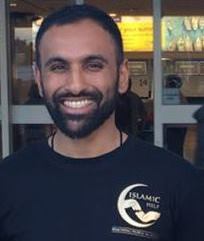
Navid Kaleem: Nabil and I set about making cement for the walls for one of the school rooms while Asim & Akeel set about doing what they do best - destroying things!
They capably demolished the original school toilets and the four of us, together with the help of the Fundi (builders), set about digging the foundations for the new block of 8 toilets.
This was a day of intense labour. I found it harder than expected. However, we all thoroughly enjoyed it. We were very tired but happy we have done something that will benefit these most deserving of people. May ALLAH (swt) accept our efforts & the donations of the people who without this would not be possible. Now my wife knows I can do a bit of DIY I’m in trouble!
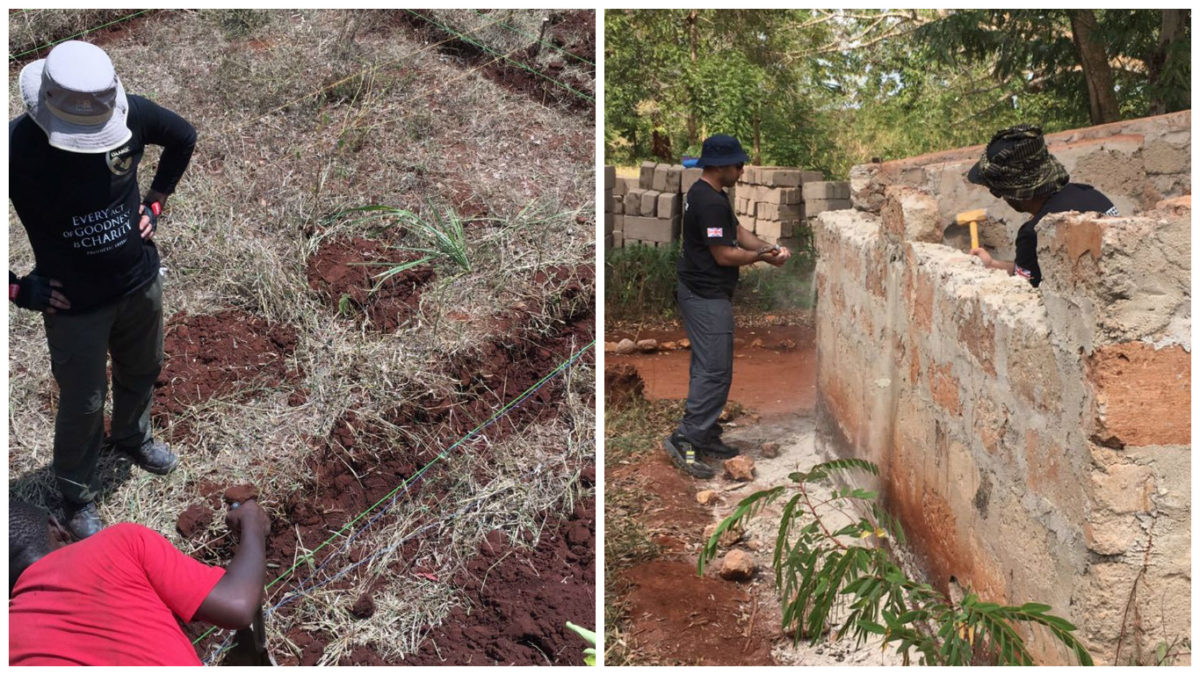
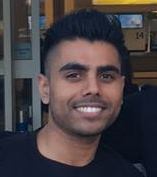
Asim Siddiqui: After playing a part in the school’s toilet block reconstruction, I was asked by our team leader to drive to another nearby village to do an assessment. Of the four things we’re doing out here (water, malaria prevention, livelihood and education), I had volunteered to lead on water.
The locals had made their own rainwater harvester system but the guttering was full of rust and hanging by a wire. The water reserve was quite small and also quite far from the guttering system, so there’s a greater chance of the build-up of dirt before it gets to the reserve.
We arrived and helped unload the guttering and new rainwater harvesting system (a giant 3,000l tank) which we’re going to install later this week. The closest water source for the villagers is 1.5km away. It’s downhill on the way there and a steep hill on the return journey.
When we saw the water source, it was quite dirty and right next to a beehive. The water was a light grey/brown colour. The water was not even a spring but a small stream from which a small stagnant pool had formed. I struggled to bring back a full bucket to the village. On my way back, there was a little girl who was perhaps 7 years old, on her way down to the water source. I cannot understand how on earth she would have carried back that bucket along the steep uphill and rocky path, that too all alone.
If it rains just one day here, that will provide enough water for 1-2 months. Hopefully the rainwater harvesting system will make a big difference to their lives.
Apply NOW!
Applications for October 2016 and August & October 2017 deployments are open!



